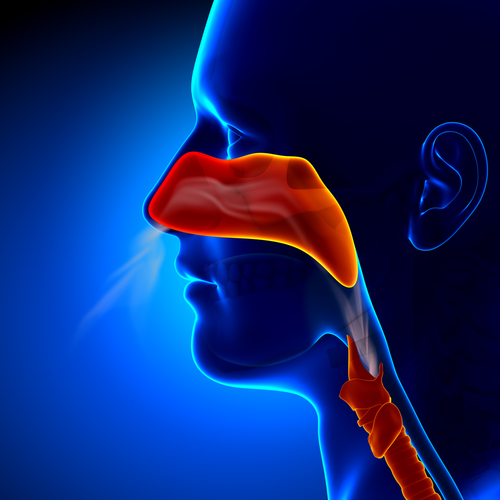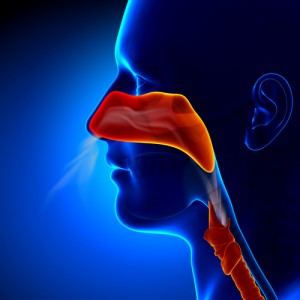Mucus Defect in CF Found to Be Present at Birth Could Spur On New Treatments
Written by |

 People suffering from Cystic Fibrosis (CF) usually develop lung disease due to a defective host defense that allows bacterial infections in the airways. Furthermore, advanced CF patients cannot preform mucociliary transport (MCT), a process that traps and drives bacteria from the lungs through mucus flows in the epithelium of the respiratory tract.
People suffering from Cystic Fibrosis (CF) usually develop lung disease due to a defective host defense that allows bacterial infections in the airways. Furthermore, advanced CF patients cannot preform mucociliary transport (MCT), a process that traps and drives bacteria from the lungs through mucus flows in the epithelium of the respiratory tract.
In a recent study entitled “Impaired mucus detachment disrupts mucociliary transport in a piglet model of cystic fibrosis” and published in the acclaimed Science journal, a team of researchers from the University of Iowa showed that CF can cause specific defects in mucociliary transport, therefore reducing the capacity to remove germs and particles from the air passages, leading to airway obstruction, breathing difficulties, and a heightened chance of developing infections of the lung.
To analyze mucociliary transport, the team tracked movement of radiodense microdisks in airways of newborn piglets with CF. Upon mucus secretion stimulation, the team found that impaired MCT is prevalent in cystic fibrosis, a question that had been unanswered so far.
While the majority of experiments utilized cutting-edge imaging techniques, simpler technology was key to success for the researchers, using an iPhone and an app that lets users record in stop motion in order to show particles moving across the surfaces of airways. This allowed the researchers to understand that upon excess mucus production, particles found in the airway of CF patients would occasionally become lodged and couldn’t be loosened.
The researchers observed that the mechanism behind this defect involves submucosal glands underneath the air surface that release mucus in strands. While in normal patients these strands typically detach and ascend into the throat along with the trapped particles, in CF patients they are not capable of detaching from the glands, resulting in an accumulation of mucus and deleterious particles on the airway surface.
Furthermore, it seems there is a direct link between the defect associated with mucus and CFTR protein dysfunction, which is the genetic defect responsible for CF, since upon blocking the chloride/bicarbonate ion secretion in non-CF mucus glands, they were able to recreate the mucus defect observed in CF subjects.
[adrotate group=”1″]
This new data can also have implications in CF related complications in organs such as the pancreas as well as the GI tract. It could also impact other airway-related diseases that present with unusual mucociliary transport, like COPD and asthma.
Importantly, by preventing the formation of mucus strands and by loosening mucus that had already formed, new potential targets for early CF treatment can be explored.






